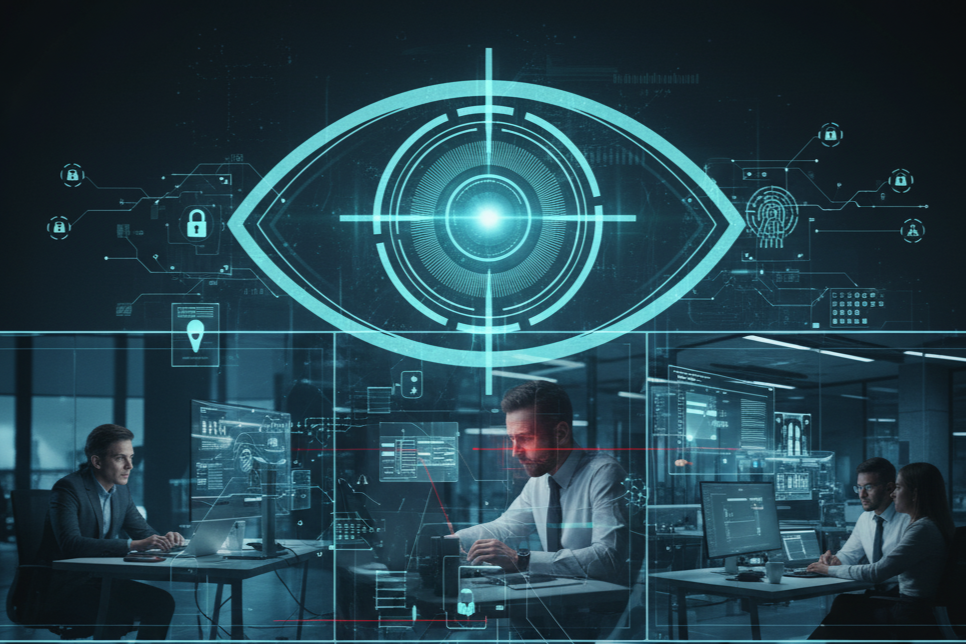What Is Meta’s AI-Superintelligence Vision and Why Should It Matter?
- SystemsCloud

- Sep 20, 2025
- 2 min read
Meta, the company behind Facebook, has laid out plans to build AI that improves itself. This means systems that learn, update, and optimise their own reasoning without constant human input. Zuckerberg calls it "personal superintelligence": AI that is smarter than people and shaped to help individuals reach their goals.

Is that a clever leap forward or cause for concern?
Let’s break it down.
What Does Self-Improving AI Mean?
Meta’s new Superintelligence Labs focus on AI that evolves autonomously. As shared during Q2 earnings, their systems can:
Learn beyond human instructions
Improve their own codesets
Adapt without needing constant human guidance
Mark Zuckerberg says this AI could advance productivity, creativity, even thought — but warns it's early days and should be handled carefully.
Why Does That Matter for Open-Source Frameworks?
Category | Why It Matters |
Access | Meta may keep key improvements proprietary |
Collaboration | Moves away from open tools like Llama and PyTorch |
Community | Limits shared development and peer review |
Meta’s recent investment in Scale AI and the restructuring of its labs show a clear shift from open frameworks to in‑house research.
Why Does It Matter for Ethics?
Autonomy risk: Self‑improving AI may behave unpredictably if no one fully understands its reasoning.
Bias magnification: Any flaw can amplify over time without checks.
Power imbalance: Small teams might control ever‑smarter systems.
These are not hypothetical concerns. Scholars warn that recursive self‑improvement can trigger misalignment and unintended behaviour unless carefully designed with safety in mind.
Meta recognises this, suggesting they will keep the most advanced models closed to the public.
How Does It Affect Regulation?
New oversight needed: Regulators like the UK’s AI Safety Institute may need to monitor self-improving systems closely.
Transparency standards: Knowing how systems evolve is key to accountability.
International rules: Self-improving AI crosses borders fast, so regulation needs coordination, not silos.
Final Thoughts
Meta’s attempt to build AI that learns on its own is bold but comes with weighty responsibility. For developers, open-source advocates, and policy makers the big questions are:
Will we get to understand how the AI changes?
Can others check its new behaviours?
Who is responsible if it goes wrong?
This matters to everyone, not just tech leaders.
Internal Links to Related Articles:
What’s the Difference Between a Cloud Backup and Cloud Sync?
AI Tools Your SME Can Actually Use (Without Breaking the Budget)
Why IT Should Not Be an Afterthought in Your Growth Strategy








Comments